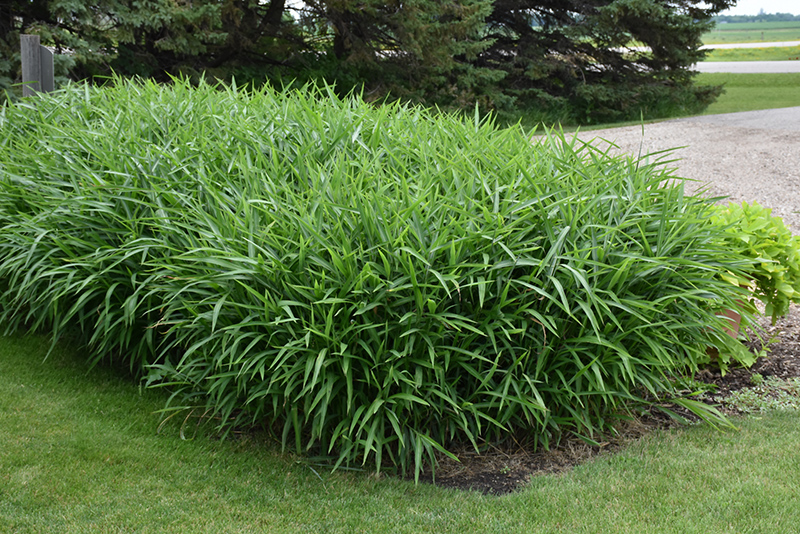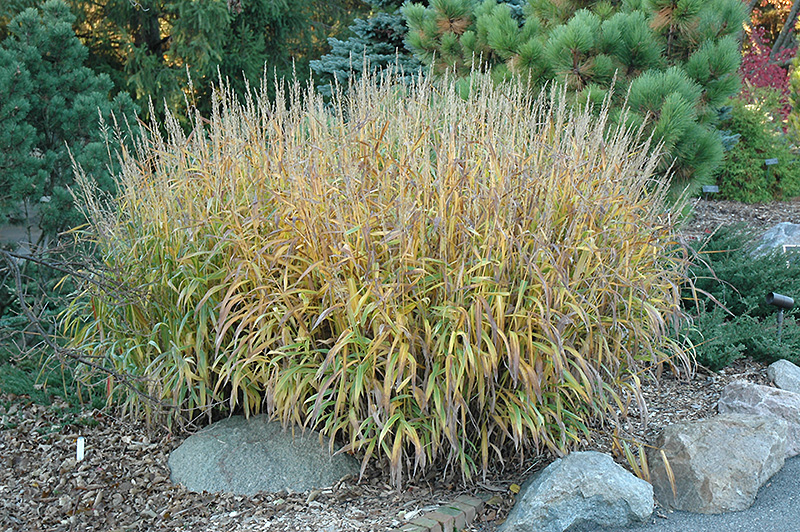Plant Finder
Plant Height: 24 inches
Flower Height: 3 feet
Spread: 24 inches
Sunlight:
![]()
![]()
Hardiness Zone: 4
Other Names: Silver Spike Grass, Siberian Greybeard
Ornamental Features
Frost Grass is primarily valued in the garden for its cascading habit of growth. It grassy leaves are bluish-green in color with prominent antique red tips. As an added bonus, the foliage turns a gorgeous burgundy in the fall. The tan seed heads are carried on spikes from mid to late fall.
Landscape Attributes
Frost Grass is an herbaceous perennial grass with a shapely form and gracefully arching stems. Its medium texture blends into the garden, but can always be balanced by a couple of finer or coarser plants for an effective composition.
This plant will require occasional maintenance and upkeep, and is best cut back to the ground in late winter before active growth resumes. It has no significant negative characteristics.
Frost Grass is recommended for the following landscape applications;
- Mass Planting
- General Garden Use
- Groundcover
Planting & Growing
Frost Grass will grow to be about 24 inches tall at maturity extending to 3 feet tall with the flowers, with a spread of 24 inches. Its foliage tends to remain dense right to the ground, not requiring facer plants in front. It grows at a medium rate, and under ideal conditions can be expected to live for approximately 10 years. As an herbaceous perennial, this plant will usually die back to the crown each winter, and will regrow from the base each spring. Be careful not to disturb the crown in late winter when it may not be readily seen!
This plant does best in full sun to partial shade. It prefers to grow in average to dry locations, and dislikes excessive moisture. It is not particular as to soil type or pH, and is able to handle environmental salt. It is highly tolerant of urban pollution and will even thrive in inner city environments. This species is not originally from North America. It can be propagated by division.
A NetPS Plant Finder tool


